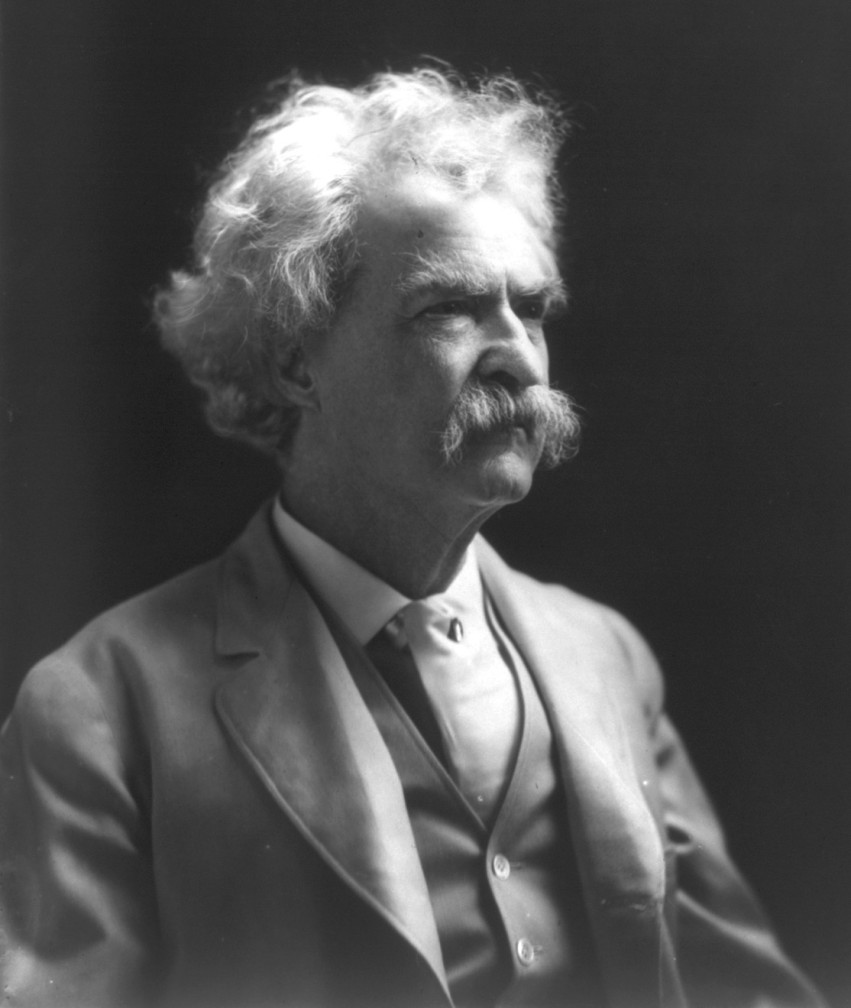I’ve owned a 1988 Toyota Camry now for over 2 years. It leaks oil and breaks down from time to time, but it’s been terribly reliable. I simply check the oil roughly once a week, add a quart or so, and then go on my way.
When it does fail, it’s usually a minor part that my Dad and I can put in with a few parts in about an hour. Older cars aren’t made like newer cars- I’m convinced cars are designed today to make it more difficult for the shadetree mechanic to do his own work, in a ploy to give the professional mechanics more work. With a repair manual and some time, anybody could learn to replace just about anything they needed to on a 1988 Camry, with the exception of major engine or transmission work.
Lately, I’ve been in the market for another second or third generation Camry, but it appears that everyone else knows what I know. As a result, they are priced well above blue book value. (I also surmise that this is a result of a recessionary economy, as people are starting to realize their value.) In other words, they are worth more than they are actually worth.
For example, I paid $600 for my car two years ago. It’s official blue book value is $795, which is patently preposterous. If someone were to hit my car tomorrow, the insurance company would write me a check for $800 and walk away. However, the car is worth more- it would be near impossible to find a car that was that dependable for $800. And I can’t hop on top of eight one hundred dollar bills and ride them to work.
Often things are worth much more than what the face value would have us believe. This is just as true of cars as it is of emotions. A stray word here or a caustic comment there can have far greater repercussions than mere sound waves would suggest. A smile- literally the orchestrated contracting of facial muscles- can be priceless.
Likewise, words have an amazing tendency to hurt but often seem woefully unable to heal. This is because we often underestimate the value of the words we speak until it is too late. The lesson is clearly this- whether valuing a car, a relationship or a choice of words, weigh the irreplaceability factor high on the list- it’s often quite determinative.
Filed under: Uncategorized | Tagged: observations | 1 Comment »


 Whatever happened to the emotion known as bittersweet?
Whatever happened to the emotion known as bittersweet? 
